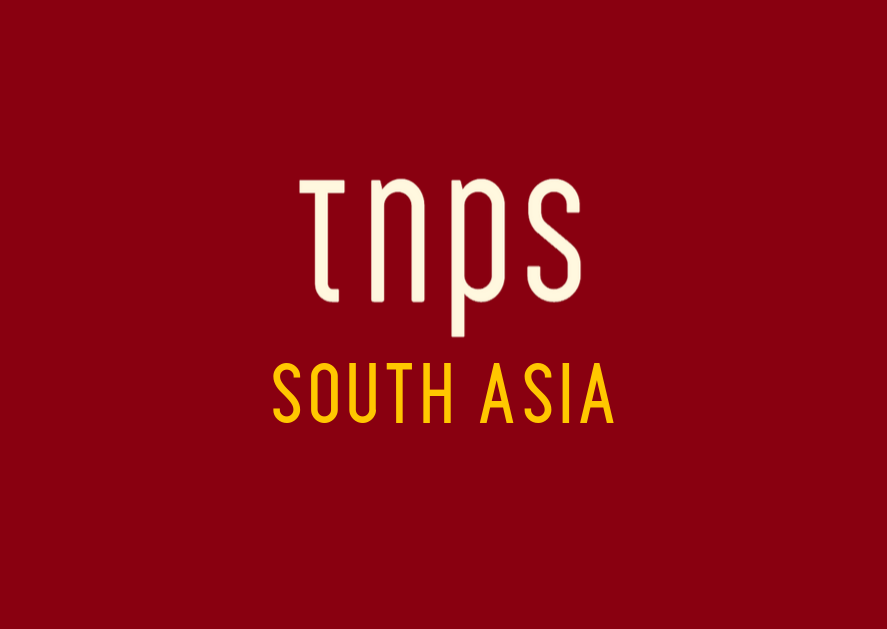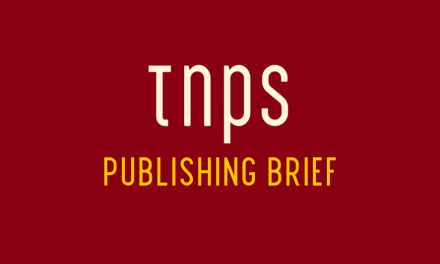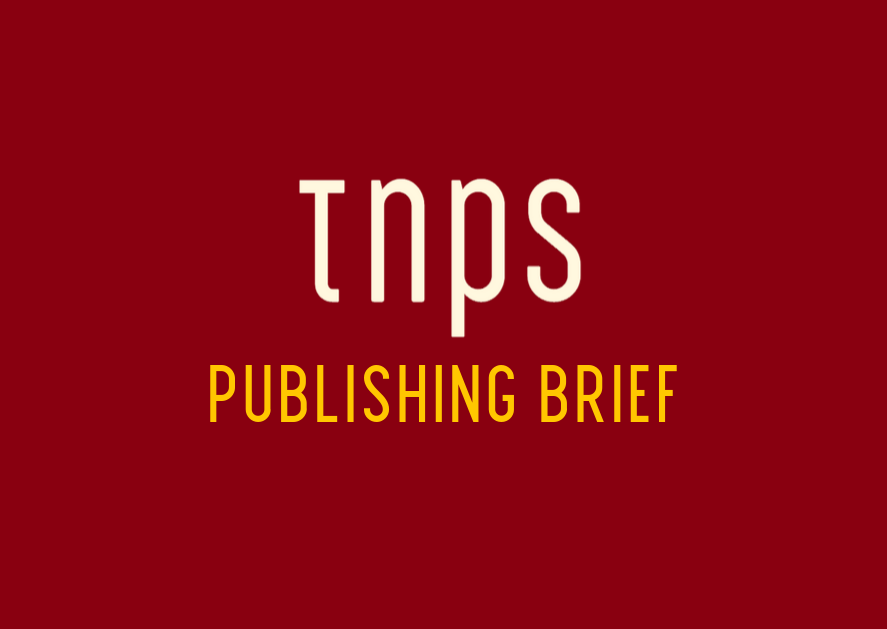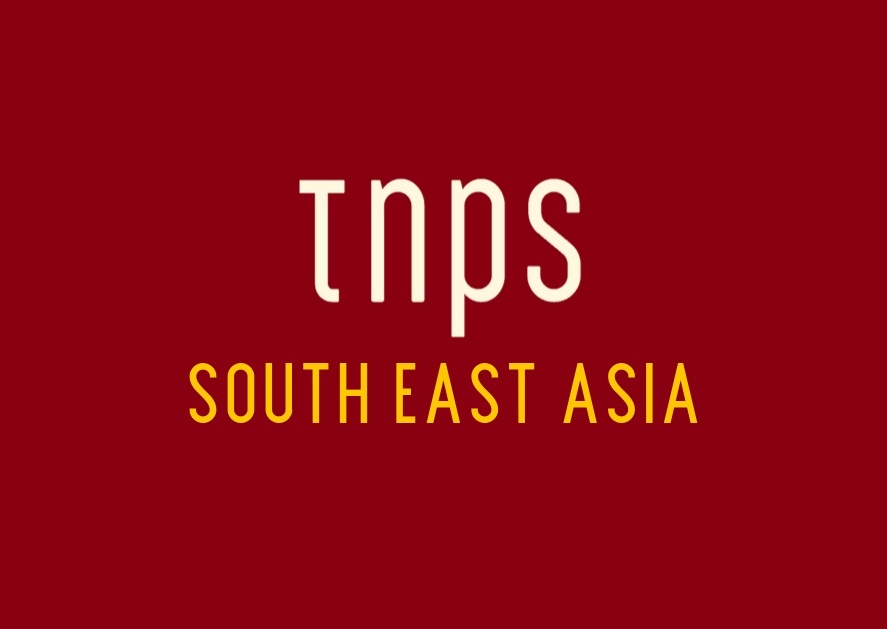The tragedy is many publishers will fail this coming year as print prices for consumers spiral out of control and year-round sales diminish and Ekushey Boi Mela sales tumble next February. Bangladeshi publishers might want to take a closer look at the way digital books have become an integral part of “western” publishing.
Like in most of the world, paper and printing prices in Bangladesh are soaring, with ink and binding costs, labour costs and distribution costs meaning books published in Bangladesh will have to be higher-priced than consumers are comfortable with.
Bangladesh publishing famously makes most of its annual income around the time of the annual Ekushey Boi Mela, usually held the entire month of February. But 2023 promises to be challenging, because books will be priced much higher next year than this.
Farid Ahmed, owner of Somoy Prokashon, told New Age that locally produced 80GSM offset paper cost BTK 1,700–1,800 in April but is now BTK 2,800, an increase of 55%, while black ink is up 40% and printing and binding costs are up 50%–60%, with power outages compounding the situation.
One would have hoped that more Bangladeshi publishers would have learned the lessons of the Pandemic and focussed on a hybrid business model offering more digital books alongside print, but the publishing industry reportage coming out of Bangladesh right now has little if any mention of digital even as a safety net, let alone a companion business model to print.
That perhaps made sense ten, or even five years ago, but today Bangladesh is at 77% internet penetration, meaning there are 130 million people online, every one of them using a device that could be hosting digital text or audio books on.
Of course for colourful children’s books and adult picture books there’s still a lot of room for improvement when it comes to digital books, but regular text-based books can easily be replicated and carry none of the paper, ink, binding and printing costs that burden printed books. They can also be sold 24/7 anywhere in the country -or indeed the world – where there is a sales platform and a means to pay.
But given it was only this year that the Ekushey Boi Mela even got a website –
it would appear Bangladesh has long way to go before it will be fully ready to embrace the digital advantage.
The tragedy is that that means many publishers will fail this coming year as print prices for consumers spiral out of control and year-round sales diminish and Ekushey Boi Mela sales tumble next February.
Bangladeshi publishers might want to take a closer look at the way digital books have become an integral part of “western” publishing.
In the USA the latest report from the American Publishers Association estimates put the ebook sales sector at 12.7% of all trade book sales, bringing in $80 million (BDT 7.6 billion) in revenue in July and $500 million (BDT 47 billion) for the first six months of 2022.
The real figure is much higher, because the APA only counts part of the market. For example, the Kindle Unlimited ebook subscription service operated by Amazon paid out $250 million (BDT 23.7 billion) in royalties to self-publishers in the first six months of 2022, on top of the $500 million the APA reported, and even here we are not counting all ebook revenue.
Digital audiobook sales are booming too, the latter driven almost entirely by smartphone consumption, while of course regular ebooks can also be read on a standard smartphone. In the first six months of 2022 digital audiobooks brought in $400 million for US publishers.
That’s a total of BDT 108 billion in digital books sales, still with many uncounted.
For a country like Bangladesh, where the major Western digital books operators are not available there is a very real opportunity for publishers to seize the initiative and sell direct to readers.
Formatting ebooks is not expensive, and once done there are no further production costs. Sell one ebook or one million and the production costs remain the same. No paper, print, ink, binding, warehousing and distribution costs.
Setting up a direct sales website is a relatively simple and inexpensive task, or digital books can be sold via third party sites which will handle all the payment processing and ebook delivery to the consumer, and hand the publisher a healthy profit each month. Each month, not just in February. Imagine what that could do for publisher cash-flow.
Right now domestic ebook sites are sparse, but Boitoi is a good example of a Bangladesh ebook platform poised for rapid growth.
Of course many readers will still prefer print, and for those that do, and are willing or able to pay the price that’s a bonus for publishers.
But Bangladesh-published print books are difficult to sell outside the country. Bangladeshi ebooks on the other hand have an instant global marketplace opportunity to reach Bangla-speaking neighbouring countries like India, to reach the Bangladeshi diaspora, and to reach new global markets in translation.




